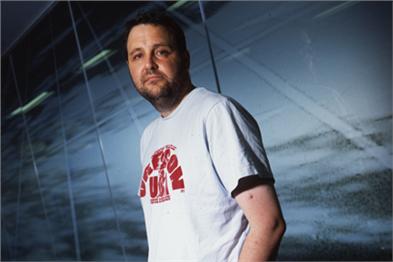It's a post established by a charitable foundation backed by a hedge fund - a hedge fund I think rather better off for doing it. And it's made me want to organise a festival for all the Professors of Public Understanding of Things around the country. A Public Understanding of off, as it were.
Which had me thinking this would be a great way for brands to think about themselves - as organisations responsible for the public understanding of things. What if banks decided to be responsible for the public understanding of compound interest? Or car companies decided to be responsible for the public understanding of safety statistics? That'd be a good and interesting thing, wouldn't it?
And the best presentations I've seen this year have been at a conference called Lift in Geneva - three smart, energetic presentations that made me really care about the plasma physics of the sun and deep space. (Though, I must admit, I don't need much of a nudge.) Science has really got its act together. It's recognised that it has to win public opinion to win funding and it's recruited a generation of feisty, young scientists who can actually communicate; who can connect, explain and tell stories.
You can see the same thing in social media. Look at how well Nasa promotes itself and connects online - the Twitter feeds from the Mars Rover or Voyager 2 are genuinely affecting and dramatic and explain proper science really well.
All of which had me wondering whether communication people like us should be thinking a little harder about the understanding and communication of science. It's clearly going to be a bigger part of our lives: complex science stuff, wrapped up in big data, will be the background for a huge number of consumer decisions. We're going to be talking about food, cosmetics and health in a context informed by genetic advances and bio science. Carbon costs and water use are going to inform choices made in energy, transport, manufacturing and, well, everything.
This would be a lot easier if we had a society that understood something about risk and probability, if we had journalists who knew about margins of error and if we had brands and marketing people who decided it was in their long-term interests not to cloak their communications in the spurious trappings of science.
White coats and sciencey-sounding words might sell stuff in the short term but if we undermine their credibility, we might be out of luck when we need to explain something more important.


